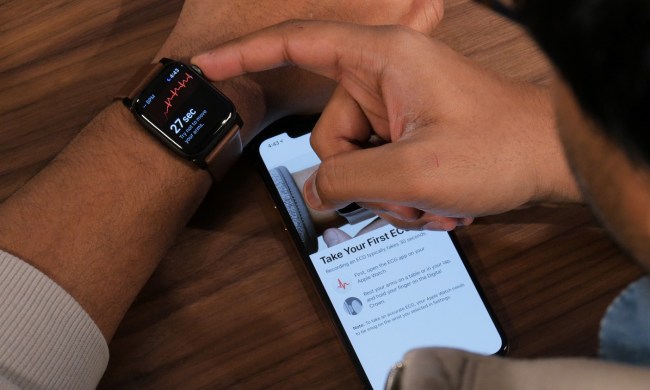
The Trans-National Institutes of Health Committee on Genes, Behavior and Response to Weight Loss Interventions assigned a Working Group to study the specifics of the way genetics can affect how we pack on the pounds. Behavior and biology can be determined by your genes; 150 genetic variants affect girth, body mass index, and by extension obesity risk. The trick is to figure out why some people can shed pounds like taking off a coat and while others are stuck with fat that has some sort of static cling.
Dr. Molly Bray, professor of nutrition sciences at the University of Texas at Austin and lead author of the review said in a statement, “After the New Year, losing those extra few pounds gained over the holidays is not the biggest challenge – it’s maintaining that weight loss over the long term that can be the most difficult.”
The Committee’s review on the subject was published online December 22, and will appear in the January 2016 issue of the appropriately titled journal of the Obesity Society, Obesity. The main objective was to use genetic information to form personalized treatment plans for obesity and weight loss. The objective on the paper explains that while we are that genes can tell us a lot about a person’s physiology, research has not fully addressed genetics in relation to weight loss. “Although more than 2,500 genetic tests are currently available, largely for extreme and/or rare phenotypes, the question remains whether this approach can be used for the treatment of common, complex conditions like obesity, inflammation, and insulin resistance, which underlie a host of metabolic diseases.”
The review gives doctors, researchers, and the public a summary of research on genetics as relates to weight loss. The general finding was that “relatively little is known regarding the genes/loci that influence dynamic measures of weight change over time… Sustainable weight loss has proven elusive for many.”
The group’s recommendation from the beginning has been to conduct further research, but the review allowed them to narrow the areas of focus. Gene manifestation in individuals, genetic variants and predictors of treatment response, biological systems that influence food intake and physical activity, and the genetic impact on food preferences, and ingestive behavior, and physical activity were given as primary examples of areas where further study is required.
Dr. Bray said, “Leveraging these findings – and expanding research in this area – could help bring us closer to providing personalized medicine for obesity.”


